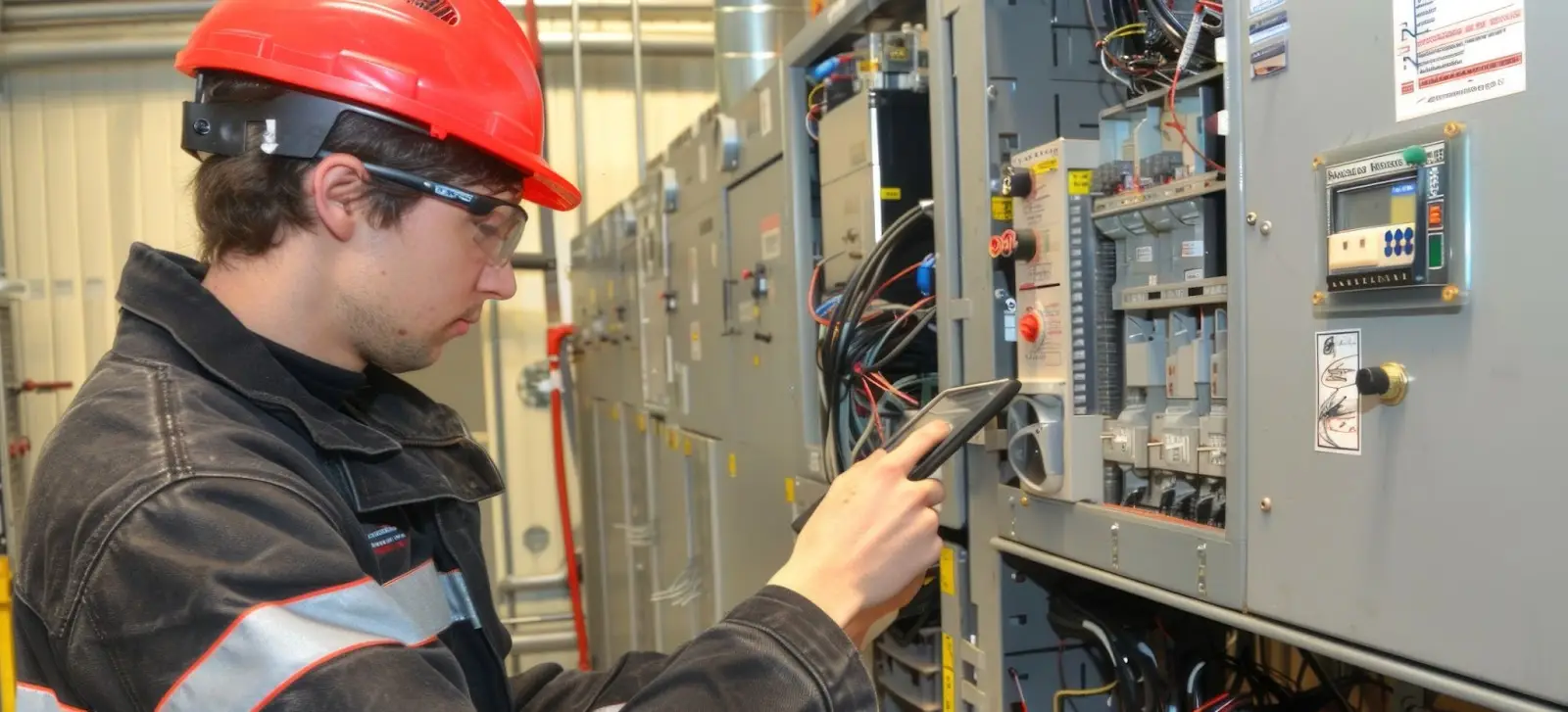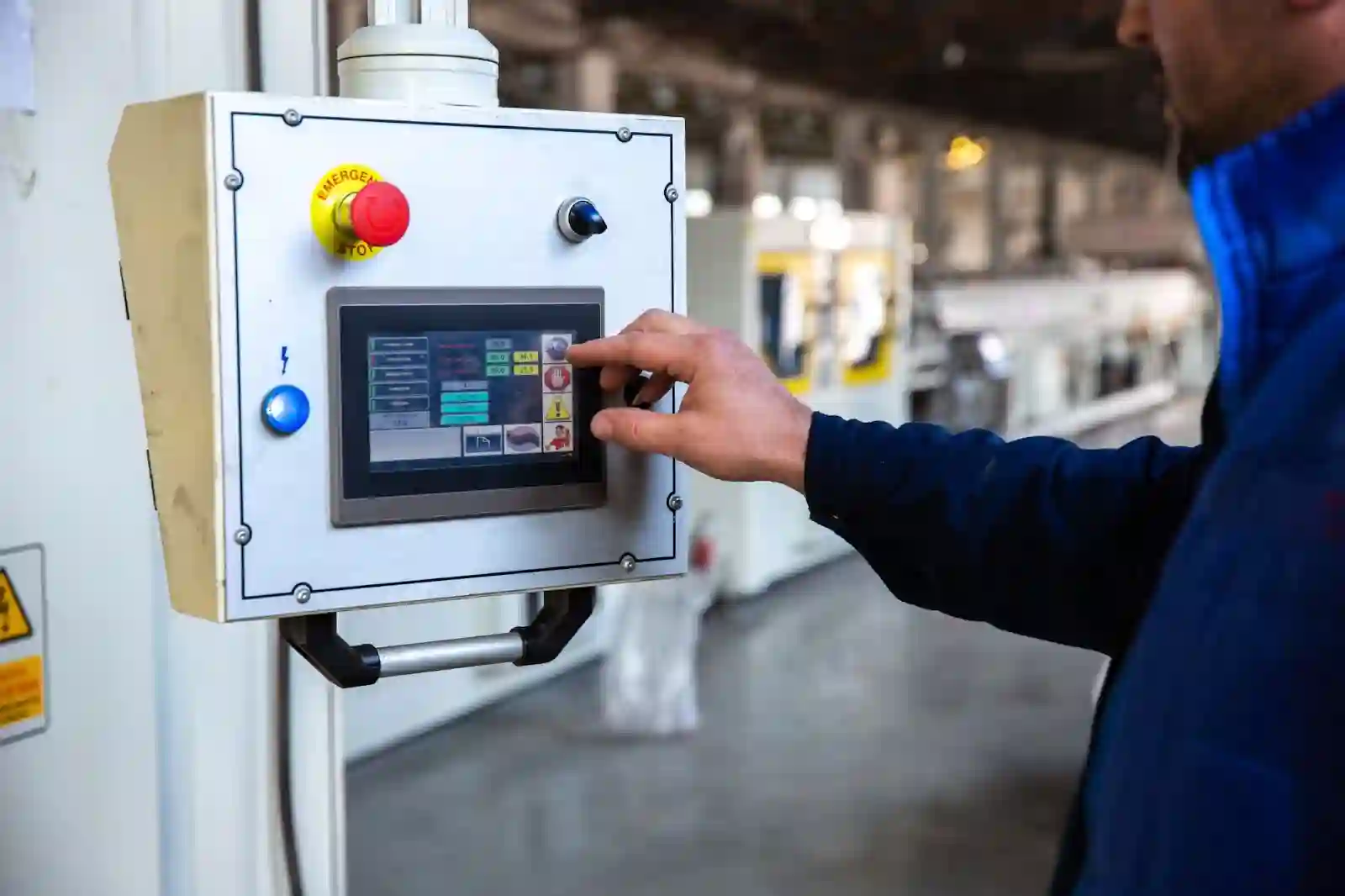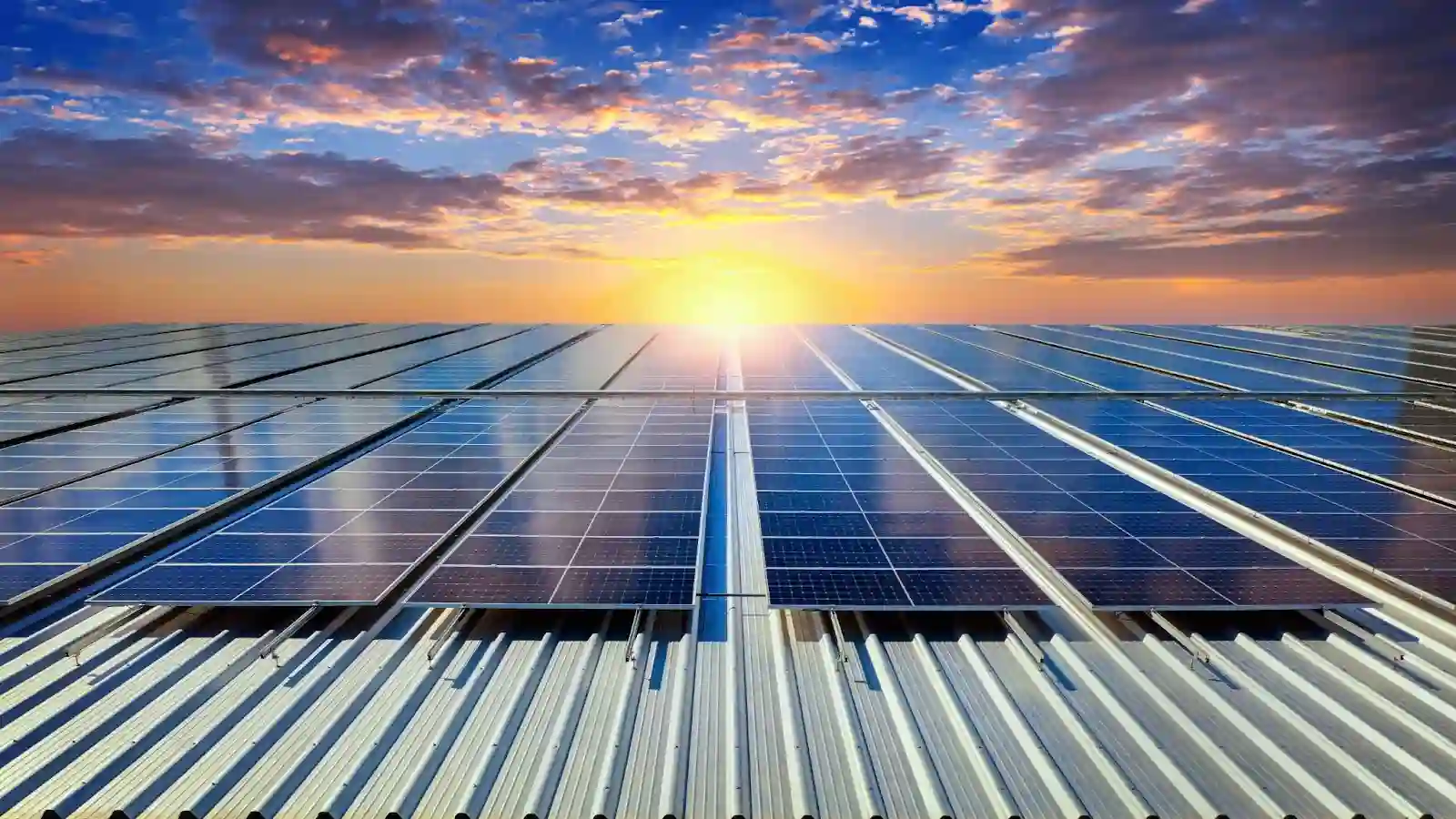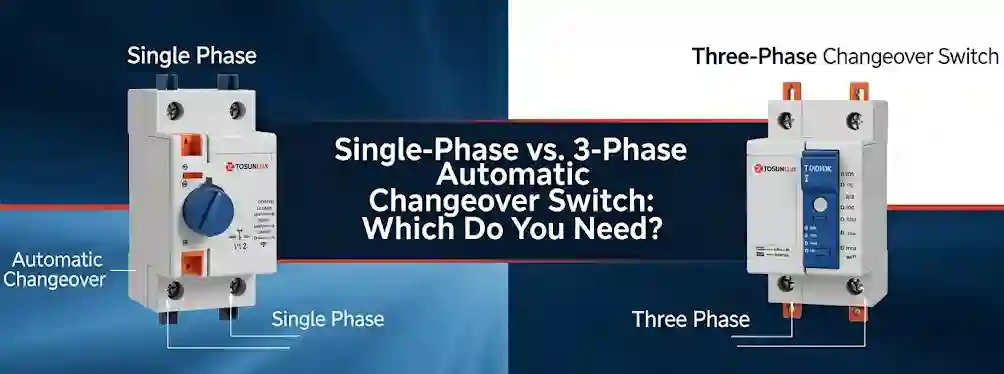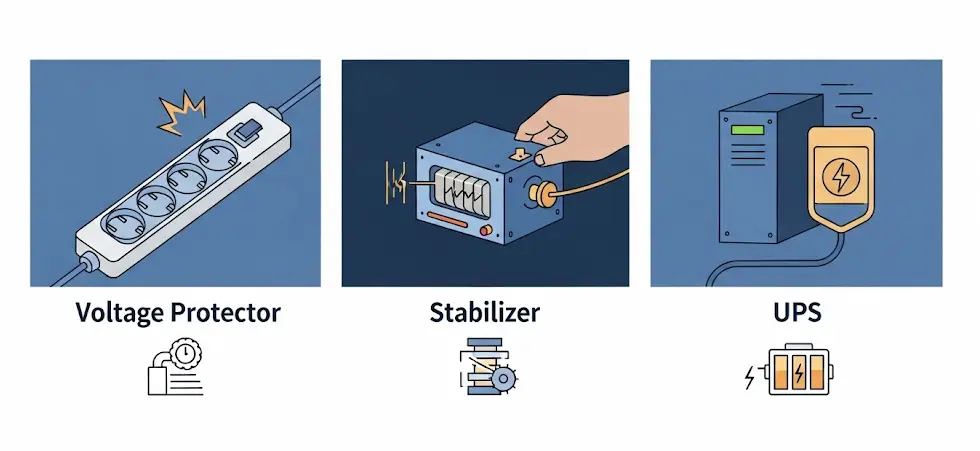The Ultimate Guide to 3-Phase Voltage Protectors
08th Jul 2025
If your operations rely on heavy equipment, motors, or sensitive electronics running on a three-phase supply, then a 3 phase voltage protector is essential. Voltage fluctuations, phase loss, and over-voltage can damage machines, trigger downtime, and ruin critical systems. These protectors are designed to automatically disconnect power when things go wrong and reconnect once everything’s safe again. In this guide, we’ll walk you through how 3-phase voltage protectors work, how they compare to single phase voltage protectors, what to look for, and why a heavy duty over voltage protector can be the difference between smooth operation and costly failure. What Is a 3 Phase Voltage Protector? A 3 phase voltage protector monitors the voltage across all three phases of a power supply. If the voltage becomes too high, too low, or if any of the three phases becomes unbalanced or fails completely, the device will automatically disconnect the power supply to prevent damage. Once voltage levels return to normal, it reconnects power—automatically and safely. This is different from a single phase voltage protector, which monitors only one live and one neutral line. Single-phase units are common in homes and small offices. But in factories, data centers, and large buildings where power demand is higher, three-phase systems are the standard—and so is three-phase protection. Why It Matters in Real Operations Three-phase systems power large motors, elevators, cooling units, and production lines. These setups are more efficient for high-load operations, but they’re also more vulnerable to: A three phase voltage protector constantly checks each line and reacts […]
Read More : +86-139 0587 7291
: +86-139 0587 7291 English
English Español
Español Русский
Русский Français
Français العربية
العربية Português do Brasil
Português do Brasil Українська
Українська Türkçe
Türkçe Polski
Polski Nederlands
Nederlands Italiano
Italiano Bahasa Indonesia
Bahasa Indonesia हिन्दी
हिन्दी اردو
اردو አማርኛ
አማርኛ Հայերեն
Հայերեն ไทย
ไทย Монгол
Монгол فارسی
فارسی Shqip
Shqip Ελληνικά
Ελληνικά
